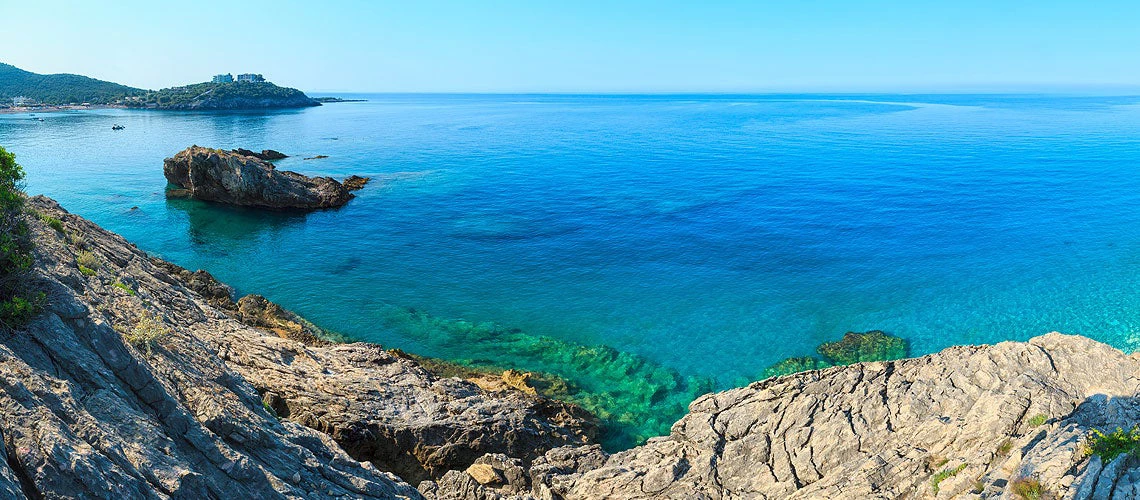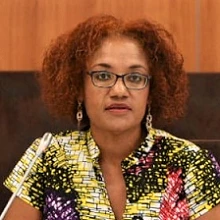 Jali, bregu Jonian, Shqipëri
Jali, bregu Jonian, Shqipëri
There’s something absolutely breathtaking about the Albanian coast. Stunning blue water, gorgeous landscapes, wide flowing deltas, picturesque cliffs, and awe-inspiring mountain ranges - all signatures of Albania’s natural beauty. Despite this obvious beauty, a large portion of the country’s coastal and marine resources is believed to have remained untapped and a conviction is growing that Albania’s marine space will be central to economic growth . It is estimated that around 25 percent of the country’s coastline is now developed.
As this understanding gains traction, however, it is important to balance the interplay between the different economic interests of the many stakeholders in this area to ensure these resources are utilized in a sustainable way that does not jeopardize the natural beauty of the region.
As coastal tourism increases in Albania, so too does the potential for harm. More waste from tourism facilities is reaching the coastal waters more frequently and plastic litter now accounts for more than 90 percent of the total solid waste found on beaches.
Over the last several decades, the economy of Albania has undergone several major transitions. However, the ‘blue economy’ remains a new concept in the country. Unlike the ‘green economy,’ which propagates the prevention of environmental degradation and ecological imbalances, the ‘blue economy’ emphasizes the productive employment of precious marine resources for sustainable development. It is defined as ‘sustainable use of ocean resources for economic growth, social inclusion, and improvement of livelihoods while at the same time ensuring environmental sustainability.’ With the Blue Economy Action Plan as its foundation, the World Bank Group supports the development of integrated, sustainable and healthy marine and coastal resources. It is encouraging to see that the Albanian government is committed to advancing “blue growth” to higher levels.
There are new and growing opportunities in Albania that focus on sectors emerging around the sea. Sustainable fisheries, developing aquaculture, and cleaner beaches and coastal waters are crucial elements to be mainstreamed into the development model the country aims to pursue. Increasing awareness of the potential of the blue economy and the challenges it may face in Albania provides an opportunity to propel change.
The impact of climate change on the Albanian coastal and sea areas is becoming visible, with coastal erosion and flooding on the rise and increasing salinity in the water. By adopting the National Fisheries Strategy and launching initiatives to reduce pollution National, political and economic decision makers have created a lot of positive momentum in the direction of addressing these challenges.
It is believed that recent initiatives to reduce marine litter from plastics and to develop sustainable fisheries can enable Albania to gradually maintain a healthier coast and marine environment , while balancing the use of seascape resources with renewability.
Further efforts focusing on efficient and sustainable use of natural resources that internalize external costs and emphasize the value of natural, non-market assets and services could also play a huge role in supporting Albania’s blue economy and equitable access to these resources for future generations.
The World Bank will partner with the Albanian government to provide high-quality technical assistance and cutting-edge knowledge for better decision making on sustainable and equitable blue growth.


Join the Conversation